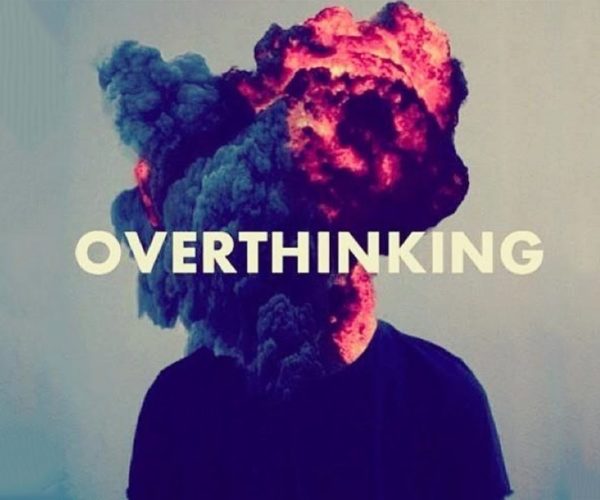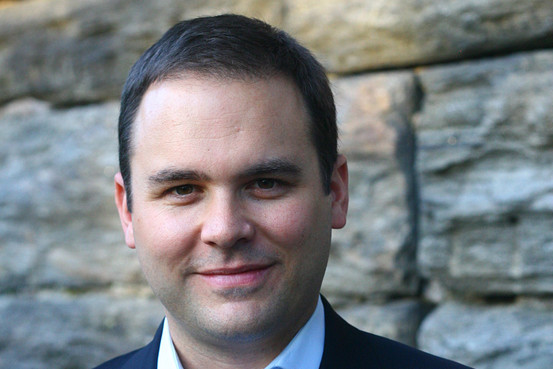Our Practice
Sasha Ginsburg and Erin Lotz were born and raised in Los Angeles. They met working together in 2010 as therapists at Cedars Sinai Medical Center, teaching Dialectical Behavioral Therapy (DBT) and using it to treat patients struggling with many different diagnoses. After sometime, they discovered that was a huge gap in the field of Mental Health and they decided to launch a clinic in West Los Angeles dedicated to teaching DBT individually and in group settings.
Feeling Intense Emotions like Depression Doesn’t Necessarily Mean You’re Crazy, It Means You’re Human.
When we utilize critical thinking and question whether what society tells us is true or not, we are called “paranoid.” When a major tragedy strikes, we are conditioned to automatically accept what authority figures and the media tell us without question, lest we wish to be cast into the tainted ...
Read More Mindfulness-Based Stress Reduction: An Interview with Jon Kabat-Zinn
It was during a meditation retreat thirty-five years ago that Dr. Jon Kabat-Zinn, author of Full Catastrophe Living, Wherever You Go, There You Are, and other books had a vision that shaped his life's work. This meditative insight, a mere ten seconds long, led to the creation of an entire clinical program at ...
Read More 15 Secrets for a Good Night’s Sleep
My best talent is my ability to sleep. Most nights I lie down, read a few pages in my book, and fall asleep before I know it. I may sleep until the next morning or wake up for a bit, but I fall back asleep quickly. I think my secret is ...
Read More 8 Psychological Tips for Being More Confident
Confidence is something we all struggle with from time to time. We want to feel sure of ourselves, but those little whispers of self-doubt show up whenever we want to put ourselves out there, take risks, or try something new. They tell us to play it safe and do things the way we’ve ...
Read More Mindfulness for Meltdowns: Give Your Kid a ‘Time-In’ Instead
There is nothing more heartrending than watching your child mid-meltdown. It doesn’t matter if the cause is big or little, triggered by anger or disappointment—the pain your son or daughter is feeling is real, and sometimes, as parents, we can’t just “fix” it. As a counselor, I work with families ...
Read More Attunement in Hakomi Therapy: Bringing ‘Self’ to the Surface
We are not our thoughts. Many arrive at psychotherapy with a limited or unstable sense of Self. They feel unsure, conflicted, or “blank,” sometimes acting out in ways that seem confusing, disconnected, or out of control. Maybe they have never been to therapy, or they have experienced talk therapy but never really felt ...
Read More 8 Ways to Stop Over-Thinking and Find Peace in the Present Moment
We all do our best to stay positive, but occasionally we can slip into negative thinking patterns that can wreak havoc on our lives. We might worry about our past mistakes or current stresses, and how these could lead to negative outcomes in the future. We might obsess about or ...
Read More Fourteen Mindfulness Trainings of the Order of Interbeing
This version of the Fourteen Mindfulness Trainings of The Order of Interbeing (OI) originally appeared on the Mountain Sangha website back in 2001 or 2002. The old material is still on this web server. The link can be found in the links section of this page. The Fourteen Mindfulness Trainings go through revisions from ...
Read More Why Companies Are Promoting Mindfulness at the Office
It’s hardly news anymore when companies invest in lavish and quirky perks—from $10,000 furniture budgets to fancy cooking classes—but one surprising benefit has taken hold in corporations across the country: mindfulness training. Once seen as a quasi-spiritual, New Age practice, mindfulness has been repackaged as a secular therapy that businesses are ...
Read More How Addiction Can Affect Brain Connections
As much of the country grapples with problems resulting from opioid addiction, some Massachusetts scientists say they’re getting a better understanding of the profound role the brain plays in addiction. Their work is among a growing body of research showing that addiction is a complex brain disease that affects people differently. But ...
Read More - « Previous
- 1
- …
- 42
- 43
- 44









